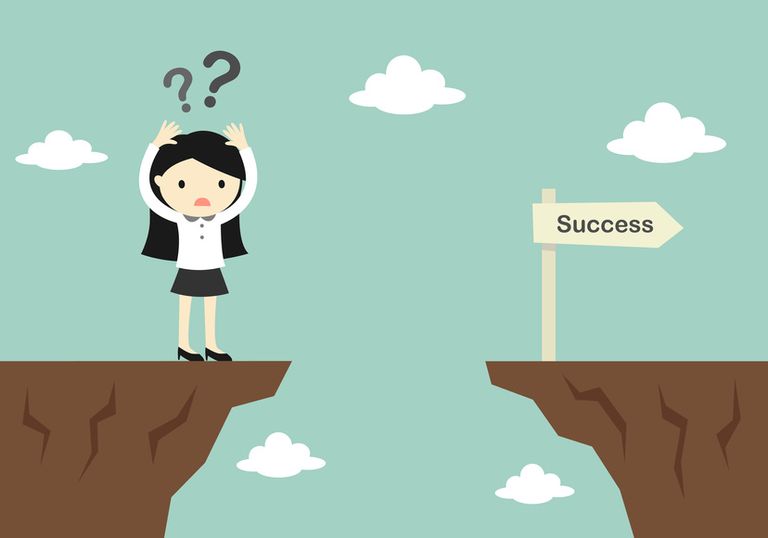Fear of illness
Fear of illness and risk is a common phobia that can lead to serious health problems. Its symptoms can interfere with a person's life, work, and relationships. Luckily, there are many treatments for illness anxiety disorder. Using psychological counseling and medication can help alleviate symptoms. Healthcare providers now use the term "illness anxiety disorder" to describe people who experience persistent fear of illness or risk.

Fear is a natural and adaptive response to danger, but when it persists and becomes uncertain, it can become a chronic burden. One study analyzed the frequency of fear and found that it could predict the risk of contracting the coronavirus. Researchers used a questionnaire to assess the frequency and level of fear. It includes eight questions that assess different aspects of the fear response.
Longstanding fear of illness has been linked to a heightened behavioral immune system, leading to aversive emotions, cognition, and behavioral responses. These responses are essential to protect against infection, but they can cause distress and emotional disorders. Identifying the prevalence of fear and assessing the level of need for mental health services can help prevent and treat these conditions.
Fear of radiation
The public perception of radiation is often different from the real casualty figures. This is partly due to the relentlessly baleful portrayals of radiation in popular culture. These depictions suggest that radiation is evil and can cause a human to grow, gain special abilities, or even mutate into a monster.
Despite more than a century of research, the true danger of low-dose radiation is not fully understood. However, most people consider a dose below 100 mSv to be safe. The World War II A-bomb dropped on Japan generated widespread public fear of radiation. Anti-nuclear campaigners spread false information that was supported by the mass media.
Genetics and environment may play a role in a person's fear of radiation. If a person has a high genetic risk of developing radiophobia, a single traumatic event may be enough to trigger it.
Fear of nuclear power
The fear of nuclear power is unfounded. Nuclear power is safe, and its waste can be recycled into useful products. The real danger is the byproducts of coal-fired plants. While the nuclear waste can be safely stored, the danger from coal-fired power plants is more immediate. It has to be properly disposed of.
After the Chernobyl disaster, the public's fear of nuclear power increased. It was expected that the disaster would lead to greater support for nuclear energy, but public disapproval of nuclear power increased. Although most politicians stressed that nuclear technology was "transient", the public protests continued. Public opposition centered on the transport of spent fuel elements. These protests were a result of the public's misperception that nuclear power is unsafe.
There are several common arguments against nuclear power. According to a Pew Research study, 49 percent of Americans are opposed to using nuclear power. However, it is crucial to separate emotion from reason. Hollywood movies have exaggerated the dangers of nuclear power and have helped to instill fear into a safe technology.